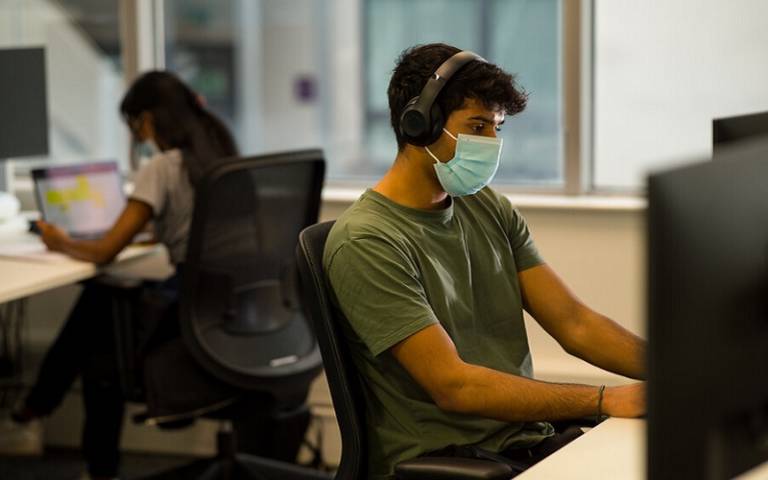How engaging our students’ voices improved our NSS scores
Dr Faye Gishen, Medicine MBBS (UCL Medical School), identifies six steps to achieving NSS success.

20 January 2021
Dr Faye Gishen, UCL Medical School, identifies six key steps taken by the MBBS programme to improve their NSS ‘Assessment and Feedback’ and ‘Student Voice’ scores.
UCL Medical School reported improved results in a range of areas in the NSS 2020. The most notable rises came in Assessment & Feedback (up 12 points) and Student Voice (up 6 points to 80% satisfaction).
We still have a way to go in many aspects of the Programme, but our success so far has been achieved through a targeted and united effort to seek out and respond to student views. We concentrated on assessment and feedback particularly, as this was previously a low-scoring domain for us.
“Our improved results in the NSS 2020 reflect a huge team effort from academics, professional support services, students and clinicians in partner hospitals. Many UCL medical students contributed through focus groups, surveys and other feedback and aided in the co-design of better systems to support assessment and student voice.” – Dr Faye Gishen
Our actions
- In the past year, we set up a staff and student working group to listen to and understand the student voice and perspective. We have done this is conjunction and in regular dialogue with our student reps, who alert us if there is a particular issue to discuss. Our reps help us to recruit a sample of medical students – sometimes across all six years of the programme, if relevant to all. For example, we recently met twice with a final year student advisory group about how best to operationalise moving their clinical finals exams due to the pandemic. We have also been conscious of having diverse representation at these discussions.
- We increased our accountability to students by drawing up a comprehensive set of actions, including increasing staff focus on assessment, and monitoring our progress in our ASER.
- We built an MBBS programme Curriculum Map to clearly lay out the syllabus and expectations for assessment. This project was informed through a pan-student survey (around 2000 medical students were invited to comment, plus focus groups). We then mapped assessments to the published Intended Learning Outcomes.
- We also built a dedicated Assessment and Feedback Moodle page with examples of formative and summative examination questions.
- We increased our visibility through Town Halls and advisory groups. The students consistently focused on fairness, transparency and good communication. For example, around 300 people (years 4 to 6) joined a meeting in January on clinical placements during Covid, where we used the chat function to gather student questions which were addressed immediately by different faculty members.
- We developed more mature relationships with student reps and responded promptly to live issues through the real-time feedback platform, Unitu. This has been particularly important during the pandemic. Read more about using the Unitu student voice platform.
Faye Gishen has provided this case study on behalf of the rest of the Senior Leadership Team for the MBBS Programme: Deborah Gill, Sarah Bennett, Lee Standen, Gaynor Jones.
NSS 2021
NSS 2021 is open until 30 April. Undergraduates in their final year of study complete the survey to give feedback on their experience of UCL and their programme.
Staff can download promotional materials to help publicise this opportunity to students.
 Close
Close

